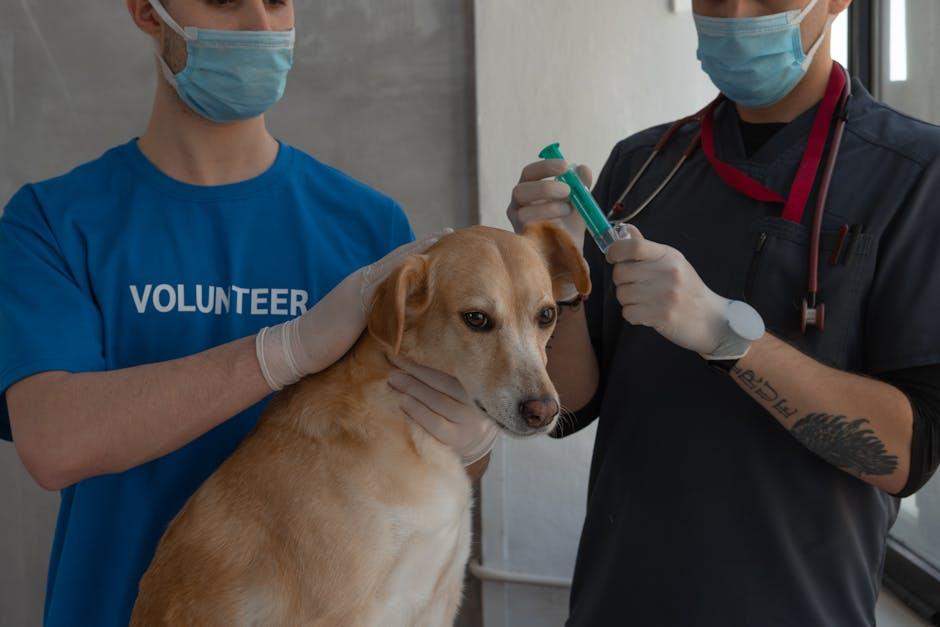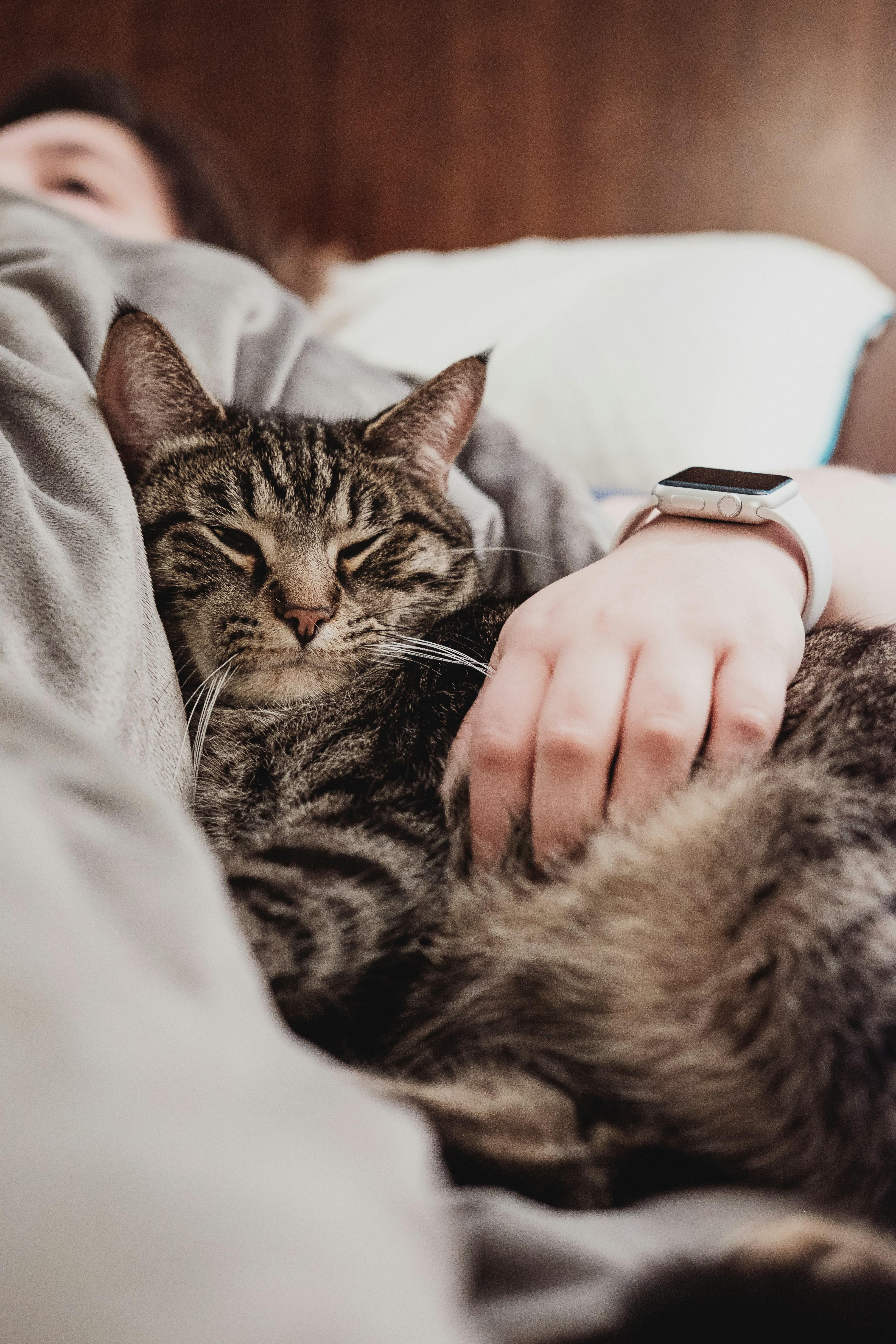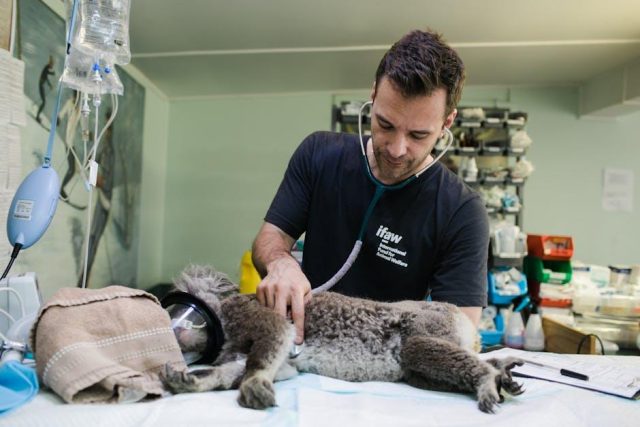Imagine stepping into a cozy, sunlit veterinary clinic, the scent of clean linen and the faint, comforting aroma of pet shampoo filling the air. Your furry friend sits by your side, eyes wide with curiosity and perhaps a hint of trepidation. As you await your turn, you can’t help but feel a mix of emotions—relief that you’re keeping up with their health needs, and a twinge of uncertainty about whether you’re asking the right questions. After all, this isn’t just a checkup; it’s a precious opportunity to ensure your beloved companion is living their happiest, healthiest life.
Welcome to our guide on the essential questions to ask your vet during routine pet checkups. In this article, we’ll walk you through the vital inquiries that can help you become a more informed and proactive pet parent. From dietary advice to behavioral concerns, these questions will open up a dialogue that ensures your pet’s well-being is always a top priority. So, take a deep breath, and let’s embark on this journey together, hand in paw, towards a healthier, happier future for your cherished animal friend.
Understanding Your Pet’s Nutritional Needs
When discussing your pet’s diet with your vet, it’s essential to delve deeper than just the brand of food you’re using. Consider asking about the nutritional requirements specific to your pet’s breed, age, and health status. Here are some key points to bring up:
- Balanced Diet: Is my pet receiving the right balance of proteins, fats, and carbohydrates?
- Supplements: Are there any vitamins or minerals that my pet might be lacking and should be supplemented?
- Special Dietary Needs: Does my pet have any specific conditions that require a tailored diet?
- Portion Control: How much food should I be giving my pet each day to maintain a healthy weight?
- Food Allergies: Are there any signs of food allergies or intolerances I should watch out for?
By addressing these questions, you can ensure that your furry friend is not only satisfied but thriving with a diet that supports their overall well-being.

Monitoring Vaccinations and Preventive Care
During your pet’s routine checkup, it’s essential to ensure their vaccinations and preventive care are up to date. Here are some key questions to ask your vet:
- Which vaccinations are necessary? Different pets require different vaccines based on their age, lifestyle, and health status. Ask your vet to provide a tailored vaccination schedule.
- Are there any side effects I should watch for? Understanding potential reactions can help you monitor your pet closely after vaccinations and seek timely care if needed.
- What preventive care measures should I consider? From flea and tick prevention to dental care, discuss the best strategies to keep your pet healthy year-round.

Addressing Behavioral Concerns and Training Tips
Understanding your pet’s behavior is crucial for their well-being. During your vet visit, consider discussing any unusual actions or habits your pet might exhibit. Ask about common behavioral issues and how to address them. Your vet can provide insights into whether these behaviors are normal or indicative of underlying health problems.
- Separation anxiety: Learn techniques to help your pet feel secure when you’re away.
- Excessive barking or meowing: Discuss potential causes and solutions to manage noise levels.
- Aggression: Understand the triggers and get tips on how to handle and prevent aggressive behavior.
Training plays a vital role in ensuring a happy and well-adjusted pet. Seek advice on effective training methods tailored to your pet’s needs. Your vet can recommend resources, classes, or even specific trainers who specialize in positive reinforcement techniques.
- House training: Get step-by-step guidance to avoid accidents and establish good habits.
- Obedience commands: Learn the basics like sit, stay, and come to improve communication with your pet.
- Socialization: Understand the importance of exposing your pet to different environments and other animals safely.

Discussing Age-Related Health Issues
As our pets age, they become more susceptible to a variety of health issues that may not be immediately apparent. During your routine vet visits, it’s crucial to bring up any concerns you might have about your pet’s aging process. Here are some essential questions to ask:
- Mobility and Joint Health: “Have you noticed any signs of arthritis or joint pain in my pet?”
- Dietary Adjustments: “Should we consider any changes in diet to support their aging body?”
- Vision and Hearing: “Are there any tests to check for age-related vision or hearing loss?”
- Dental Care: “What can we do to maintain or improve their dental health?”
- Weight Management: “How can we ensure they stay at a healthy weight as they age?”
- Cognitive Function: “Are there signs of cognitive decline I should be aware of?”


































